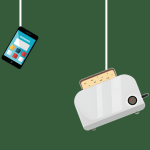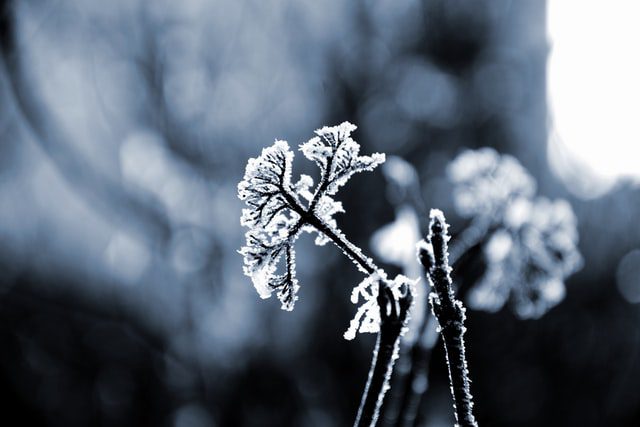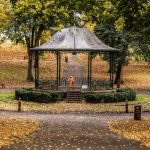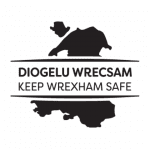Clocks have been turned back, leaves are yellow, and barbeques have been replaced with stews.
All are signs that colder weather is on the horizon, and winter is coming.
Planning ahead may be more difficult than last year, but preparing for what the weather may throw at us over the coming months can help keep us safe and well.
Here are eight questions we should all ask ourselves…
1. Can I get the flu jab?
The largest ever national flu vaccine programme is now underway.
New groups have been added to the list of people who are eligible for a free NHS flu vaccine.
However, this flu season, arrangements may be different due to Coronavirus.
For the latest information, visit www.beatflu.org or www.curwchffliw.org or search Beat Flu or Curwch Ffliw on Twitter and Facebook.
2. Is my car winter ready?
Top up with a winter screen wash.
Check tyres are road-worthy and all lights are working and dirt free.
Winter car kits can be tailored to personal needs, but most include a survival blanket, spare warm clothes, food and drink, a torch and a first aid kit.
A phone charging block can prove invaluable.
3. Is my house warm enough?
Cold weather can be a risk to health, especially for over 65’s or anyone with long term health conditions.
As a general rule homes should be heated to 18°C (that’s about 64°F).
4. Do I know where my stop tap is?
Freezing and thawing can cause pipes to burst.
Download the Covid-19 NHS app…and help keep Wrexham safe this autumn.
Making sure that pipes are insulated (especially outdoors) will reduce the risk of pipes bursting.
Knowing where to switch the water off could save money in repair bills and insurance premiums.
5. Is my home and garden weatherproof?
Items around the home or garden that may be impacted by heavy winds, localised flooding, ice or snowfall may need to be moved or maintained more often during bad weather.
6. Do I have basic supplies?
Although rare, a storm can temporarily take out services we take for granted like electricity, water and phone lines.
It’s a good idea to have basic supplies such as water, a torch and spare batteries, as well as a list of emergency numbers.
7. Have I made alternative plans?
If severe weather causes school and nursery closures or impacts on the daily commute, it’s handy to already know what the alternative arrangements would be.
8. What about my neighbours?
It’s important to look out for others in our community and help people access the supplies, help or information they need to keep them safe and well in winter.
By asking yourself these simple questions and being prepared, you can help keep yourself and others safe when bad weather hits.
[button color=”” size=”large” type=”square_outlined” target=”new” link=” https://www.covid19.nhs.uk/”]DOWNLOAD THE NHS APP[/button]









